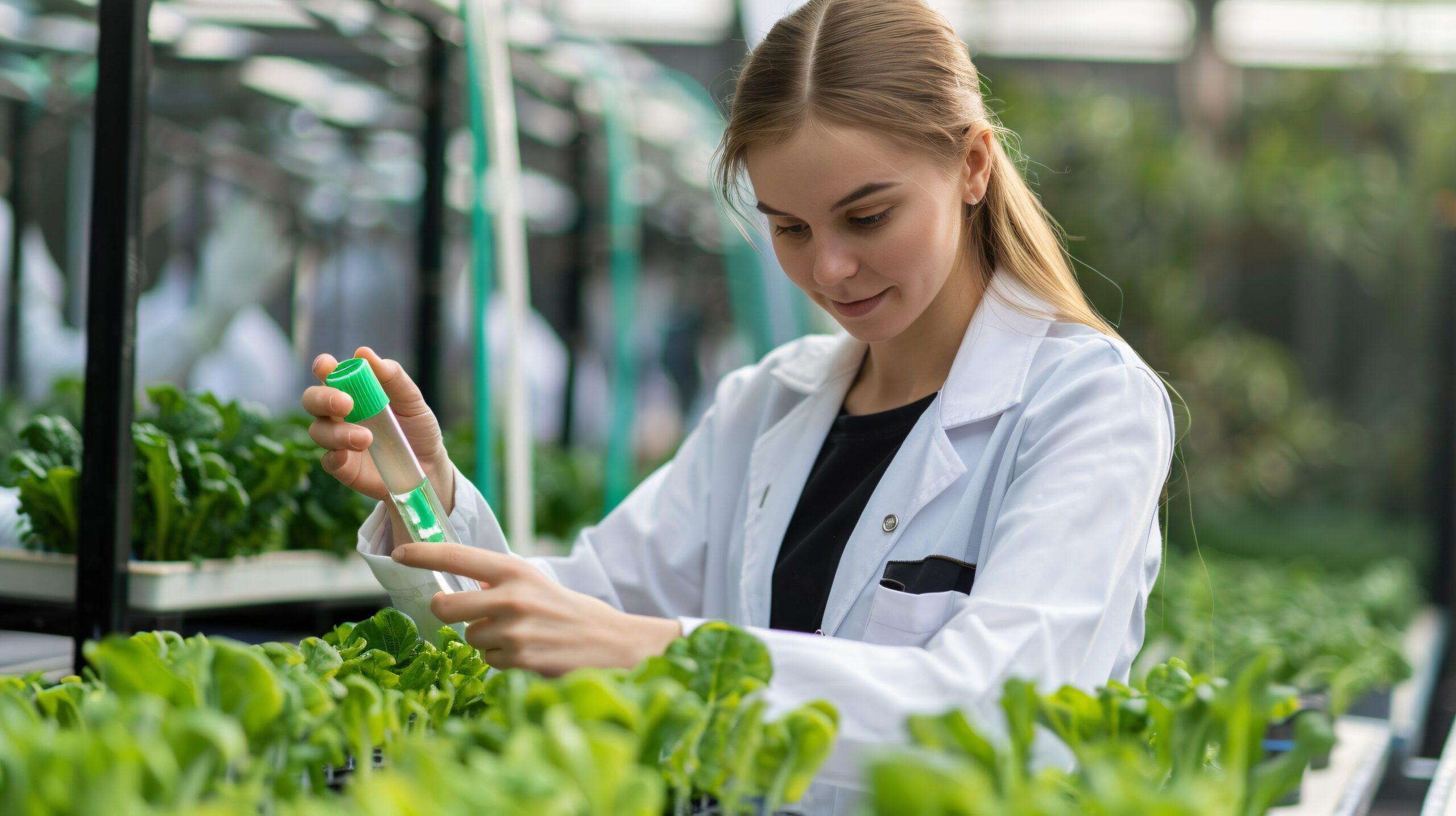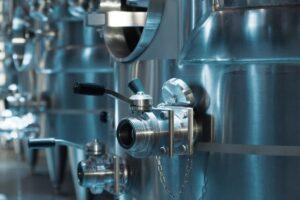
Agriculture has always formed the backbone of Latin America. Because of its rich biodiversity and fertile lands, conditions for food production are ideal, making it one of the leaders in world agriculture. Yet, the challenges in the sector continue to mount. Climate change, volatile markets, and rapid population growth set an ever-higher demand on the need for innovation in this area, and technology now offers a ray of hope.
Technological advancements in agriculture are fast changing the ways of growing, harvesting, and distribution by farmers. The futuristic vision of Latin American agriculture, with its precision farming tools, AI-driven analytics among others, is rapidly unfolding. But with innovation also come challenges: How will small-scale farmers access these tools? How can digital agriculture be promoted in rural areas?
Now we are going to consider the newest trends in agritech and discuss current obstacles standing in the way. If you want to learn how technological solutions can shape the future of farming in Latin America, continue reading. Let’s explore how these new developments will easily outsmart the challenges and increase agricultural productivity in the region.

Importance of Agricultural Technologies
Modern technologies are of utmost importance to Latin American agriculture. That is because it has unique particular problems, such as deforestation, soil degradation, and climatic changes. Agriculture in the region cannot be supported by traditional farming methods, given the fact that demands for food are growing yet require consideration to the environment concurrently. Technological solution approaches give them a chance to provide farmers with efficiency tools, yield incrementing, and long-term sustainability.
Included among the key advantages that agricultural technology has brought to agriculture is that of improving crop yields. Farm implements, such as precision farming, which employs data in deciding when to plant and harvest at the right time, allow farmers to do a more accurate job that greatly improves output. This is important in regions where land degradation and climate unpredictability are major issues.
Besides, an increase in productivity resolves the problem of labor shortage in agriculture. Automation machinery, drones, and AI-powered monitoring systems reduce labor forces to greater depths, making farming easier and economically viable.
Technology is, finally, a determinant in climate change. New approaches include the use of intelligent irrigation systems and soil sensors that help farmers reduce water waste and check the soil health condition, making farming more viable. Hence, the farmers in Latin America can adapt to climate change due to improved productivity.
Key Technological Innovations
Technological innovations in agriculture are increasingly shaping the new ways of the Latin American farmer in pursuit of efficiency and sustainability. Some of the important tools of precision farming, which have become indispensable, are drones, sensors, irrigation systems, and GPS in optimizing resource use. Drones can easily keep track of huge areas of farmland and send back real-time data on crop health, while GPS systems enable precise planting, fertilizing, and harvesting. Sensors embedded in the soil monitor moisture levels and nutrient content to ensure that crops receive precisely what is needed with complete efficiency.
Biotechnology, in turn, serves as an assistant to farmers in growing pest-resistant and drought-tolerant crops. It is another revolutionary technology which lessens the use of chemical pesticides and fertilizers because the crops are more resistant to disease and pests. Application of genetically modified crops cuts down costs and reduces damage to the environment. Productivity rises in critical climates, and that matters in drought-prone countries.
Another fundamental shift in area is smart irrigation systems. It uses soil sensor data to apply the right amount of water at the right time, reducing water losses significantly. On our website, you can find a high-efficiency agriculture water pump that can be installed for smart irrigation systems and grant the farmers reliable and efficient handling of water resources. This irrigation technology not only saves water but also increases crop yields, furthering farming in the region to be more sustainable and productive.
Sustainable Agriculture Through Technology
Agricultural technology adoption is playing a core role in making agriculture more sustainable, where farmers can reduce their environmental impact without compromising productivity. The most prominent way technology is contributing toward sustainability is by reducing carbon footprints. Various precision farming tools, such as GPS-guided machinery and drones, enable farmers to use resources like fuel and fertilizers more efficiently, targeting only the areas of need. This reduces emissions, hence minimizing the overall environmental impact of farming operations.
The advantages of agricultural technologies are clear, offering farmers increased productivity, improved sustainability, and more efficient use of resources. Another critical reason: water conservation. Smart irrigation systems deploy sensors and data analytics to get the delivery right, only when and how much crops really need it. Conserving water not only saves a precious resource but allows farmers to better adapt to the increasing challenges presented by drought and water scarcity in large swaths of Latin America.
Technology further makes this practice less dependent on chemical inputs like pesticides and fertilizers. With the advent of biotechnology, farmers can now even grow crops with increased resistance against pests and other inclement environmental conditions. This will, in turn, reduce the number of chemical treatments to be applied, enhancing the health of the soils and the ecosystems altogether. It is with these newer technologies that agriculture in Latin America can make a turn toward more sustainable modes of production that improve not only the natural environment but also local economies.
Challenges to Implementing Agricultural Technology in Latin America
So, what are the problems of agriculture? Despite the great promise of technological advancements to better improve agriculture in Latin America, quite a few serious issues stand in the way of full implementation. First of all, there is an important obstacle: infrastructure gaps in the region. Most farms are not provided with reliable access to electricity, the Internet, and transport infrastructure in rural areas, therefore, only partial implementation of such modern agricultural technologies as smart irrigation systems or precision farming tools can be possible. In the absence of such basic resources, farmers can hardly access and benefit from innovations that could put them at better levels of yield and even sustainability.
In this respect, financial barriers are also critical. Most of the small-scale farmers, making up a huge portion of the agricultural workforce in Latin America, do not have the capital necessary for advanced technology investments. Hence, the initial costs of purchasing equipment, be those drones, sensors, or biotechnology solutions, can be extremely prohibitively expensive. Even in cases where credit or financing is available, risk and uncertainty linked with new technologies often demur farmers from taking a plunge.
The other problem is the unawareness and lack of technical acquaintance. Many farmers might not even have a clue about this recent innovative invention, or even how to gain from its developments. Training and education are essentially needed for farmers to understand how to incorporate all these into their systems. Without that, this region still fails to utilize the full potential of agricultural technology. Overcoming these barriers provides the key for unlocking the complete potential of technological solutions in Latin American agriculture.
The Future of Agriculture
Technology is undoubtedly the driving force behind productivity and sustainability in modern agriculture. In Latin America, where farming has already integrated precision farming tools, biotechnology, and smart irrigation systems, farmers are able to raise their yields while reducing environmental impact. These decrease water use, lessen the use of chemical inputs, and reduce carbon emissions, thus opening up more sustainable avenues for agriculture.
Challenges remain, however. Infrastructure gaps, high input costs, and general unawareness have kept many farmers away from these transformative technologies. Among the key strategies to overcome such challenges and allow access to enhanced agricultural solutions for all will be rural infrastructure improvements, combined with financing and professional training. The agricultural technology positive impacts include increased crop yields, reduced water usage, and more sustainable farming practices that benefit both the environment and farmers.
At AMED-US, we commit ourselves to supporting agriculture in Latin America with truly advanced solutions in irrigation, such as high-efficiency agricultural water pumps that are totally integrated into the concept of modern farm operation. The idea is to enable farmers to efficiently make the best use of the available water supply, conserve resources, and increase productivity by adopting technology. Moreover, our agricultural pumps provide efficient water management solutions, helping farmers optimize irrigation and conserve resources for more sustainable farming.
Looking ahead, Latin America will be driven by technology for agriculture. Continued adoption of such innovation increases the ability of farmers in the region to better respond to climate change, population growth, and sustainability. With proper support, technology can transform agriculture into an efficient, productive, and environmentally friendly industrial sector.










